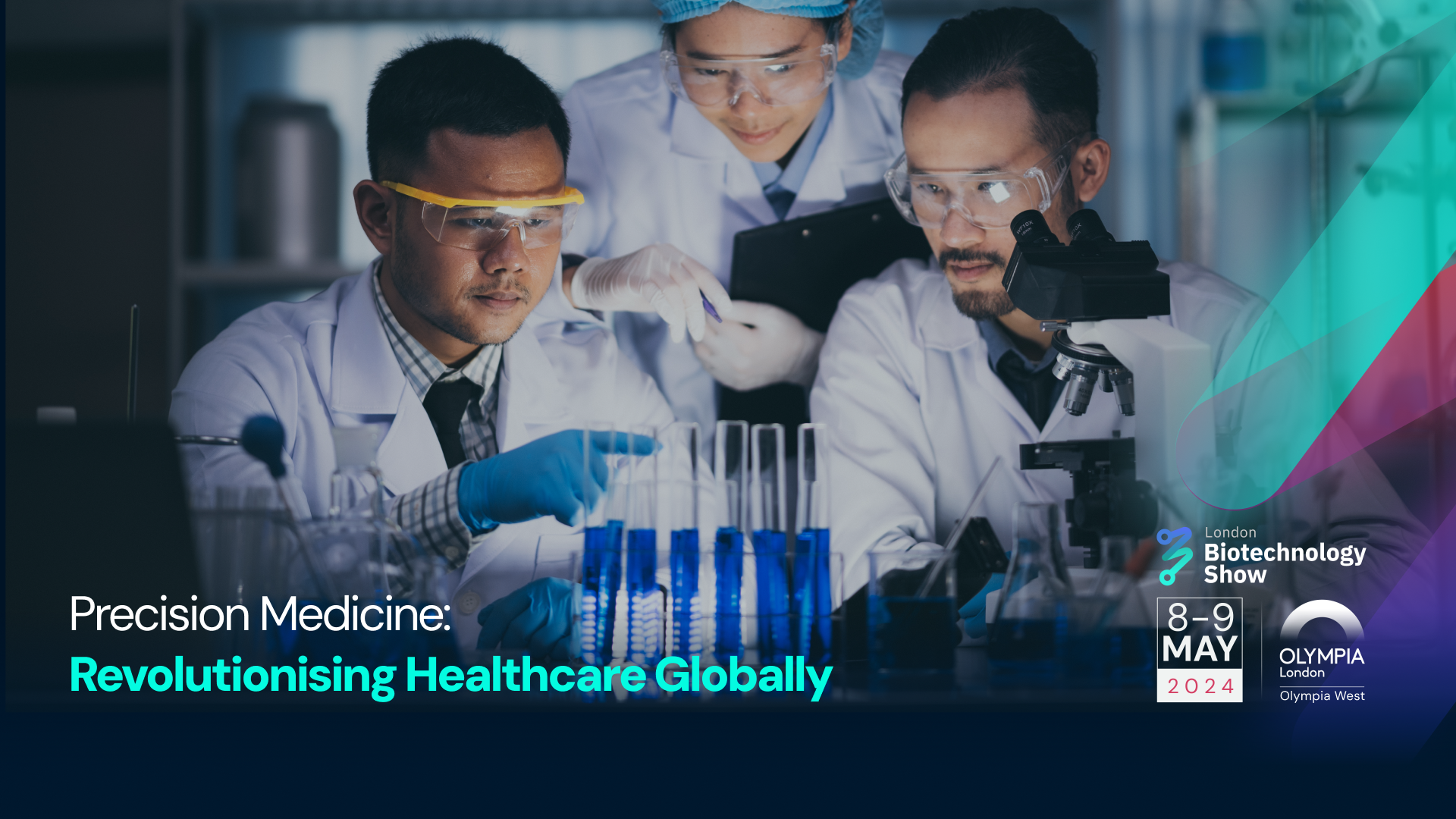Introduction
Precision Medicine, a cutting-edge approach in healthcare, is reshaping the way we perceive and treat diseases. In this article, we will delve into the intricacies of precision medicine, exploring its evolution, key components, applications in disease treatment, challenges, opportunities, and its prospects.
Evolution of Precision Medicine
Precision medicine has roots tracing back to the Human Genome Project, a groundbreaking initiative that mapped the human genome. Over the years, advancements in biotechnology have propelled precision medicine into the forefront of medical innovation.
Key Components
Genomics
At the core of precision medicine lies genomics, the study of an individual's genes. Understanding genetic makeup allows for tailored medical interventions.
Proteomics
Examining proteins provides a deeper understanding of cellular functions, aiding in the development of targeted therapies.
Metabolomics
Analysing metabolites helps uncover metabolic pathways, contributing to personalized treatment plans.
Data Integration
Bringing together diverse data sets ensures a holistic view, enhancing the precision of medical interventions.
Applications in Disease Treatment
Cancer
Precision medicine has revolutionized cancer treatment, enabling oncologists to target specific mutations for more effective therapies.
Cardiovascular Diseases
Tailored interventions based on genetic predispositions are reshaping approaches to cardiovascular health.
Neurological Disorders
Precision medicine is offering new hope in the treatment of neurological conditions by addressing individual variations.
Challenges and Opportunities
Ethical Considerations
As precision medicine advances, ethical considerations surrounding genetic information and consent become paramount.
Data Privacy
Ensuring the security of sensitive health data poses a challenge but also presents opportunities for innovation.
Cost Implications
While precision medicine holds promise, addressing cost barriers is crucial to widespread adoption.
Access
Access to precision medicine is not yet widely available, particularly in underserved communities.
Despite these challenges, precision medicine has the potential to revolutionise healthcare and improve the lives of millions of people around the world. As the technology continues to develop and the cost of testing decreases, precision medicine is likely to become more widely available and have a greater impact on healthcare.
Future Prospects
Advancements in Technology
Continued technological progress promises even greater precision, with advancements like CRISPR-Cas9 reshaping genetic editing.
Integration into Mainstream Healthcare
As precision medicine becomes more accessible, its integration into routine healthcare practices is on the horizon.
Role of Artificial Intelligence
Enhancing Precision
AI is playing a pivotal role in analyzing vast datasets, identifying patterns, and enhancing the precision of medical interventions.
Data Analysis
Advanced algorithms contribute to faster and more accurate data analysis, aiding healthcare professionals in decision-making.
Conclusion
Precision medicine is an emerging approach that has the potential to transform healthcare. By tailoring treatments to the unique characteristics of each individual, precision medicine can improve the effectiveness of treatments, reduce side effects, and prevent diseases. As the technology continues to develop and the cost of testing decreases, precision medicine is likely to become more widely available and have a profound impact on healthcare.


